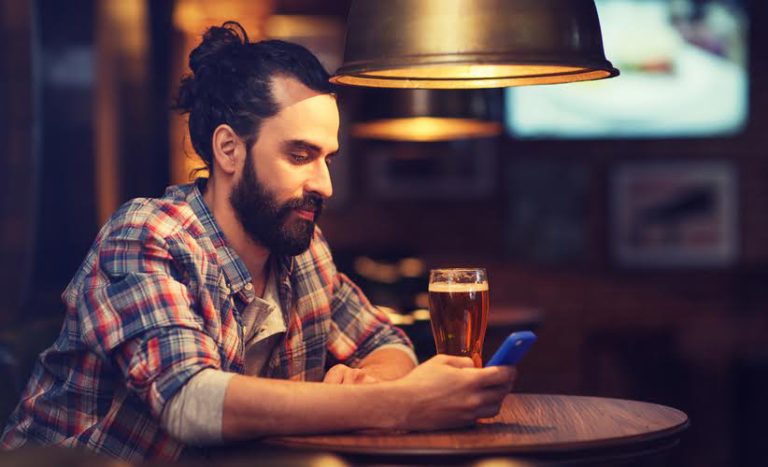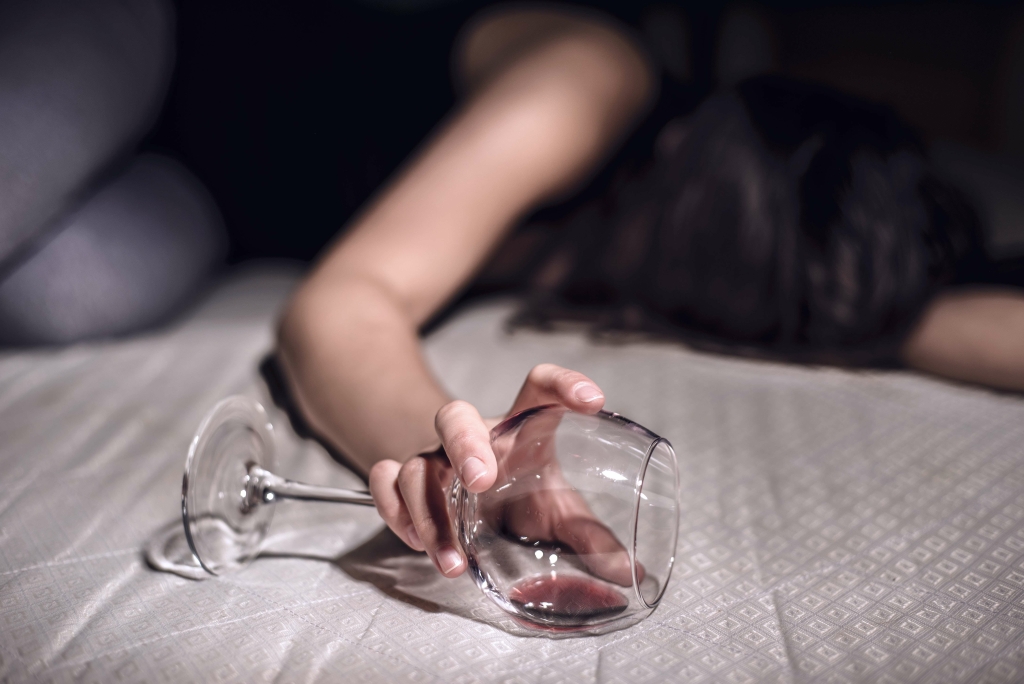REM (rapid eye movement) is the part of your sleep cycle that is essential for memory consolidation, emotional processing and creativity. While https://ecosoberhouse.com/ you’ll likely feel that you’re falling asleep faster, you may then spend the later part of your night tossing and turning. Essential dietary modifications can greatly assist in mending the physical damage inflicted by prolonged alcohol consumption. A wholesome diet rich in protein, vitamins, and minerals speeds up recovery, and cuts down on feelings of lethargy.
Growth and Endocrine Effects
In general, try to avoid drinking alcohol four hours before you plan on going to sleep. It’s important to treat sleep disorders such as insomnia (difficulty falling or staying asleep) or sleep apnea (when breathing stops multiple time a night) if they are present. We’ve seen how an initial period of sleepiness does alcohol make you sleep longer results from drinking alcohol and how disruptive it is for the remainder of your sleep cycle.
- One of the most effective ways to mitigate the negative effects of alcohol on sleep is to practice moderation.
- Insomnia refers to the difficulty in falling asleep or staying asleep, leading to inadequate sleep duration and poor sleep quality.
- That’s why alcohol isn’t recommended as a way to help you fall asleep.
- The reduction in REM sleep can have several cognitive and emotional consequences.
- Your body has a natural 24-hour internal clock called your circadian rhythm.
- However, the vast majority of this research is on people who are heavy drinkers or have alcohol use disorder.
How to Fall Asleep Fast
Even if you don’t have the condition, studies show that moderate or heavy drinking can cause episodes of obstructive sleep apnoea. The occasional bad night’s sleep may be unpleasant, but is unlikely to have a lasting effect. However, studies have shown that a continuous lack of REM sleep can negatively affect memory and learning, may impact our emotional abilities and increase the chance of migraine.

Drinking before bed can cause a night of restless sleep
Your body, already exerted, is asked to keep going, stirring up an experience of prolonged, deep-seated fatigue. If you drink alcohol at night and have trouble falling or staying asleep, you might wonder how long you should wait between your last drink and going to bed so your sleep isn’t impacted. Having the occasional nightcap to unwind is no biggie and may help you fall asleep faster.
How to sleep after drinking

Consuming larger amounts of alcohol close to bedtime can increase the likelihood of experiencing sleep disturbances and waking up frequently during the night. Alcohol’s relaxing effect on the muscles can contribute to the collapse of the upper airway during sleep, leading to increased instances of apneas and hypopneas. This interruption in breathing can cause individuals to wake up throughout the night, leading to less restful sleep and causing daytime sleepiness and fatigue. If you suspect you drug addiction have sleep apnea, it is advisable to seek medical evaluation and avoid alcohol consumption before bedtime. The impact of alcohol on sleep can be mitigated by drinking in moderation and avoiding excessive consumption.
That said, less research has focused on how low to moderate drinking—1-2 drinks per night, for example—impacts sleep. We still have more to learn on this topic, but it does seem that any amount of alcohol can throw off sleep architecture. The topic of alcohol and sleep is of special interest to researchers lately, with nearly 600 studies2 published on it so far this year. However, the vast majority of this research is on people who are heavy drinkers or have alcohol use disorder. To add insult to injury, alcohol is also a diuretic, so it can cause us to wake up in the middle of the night to go to the bathroom—further compromising deeper sleep stages like REM. It may also contribute to nagging heartburn in some people, or be flavored with sugars that disrupt rest too.
- For example, people who use alcohol as a sleep aid have a higher mean daytime sleepiness.
- Further, alcohol relaxes the muscles in the airways, which can exacerbate snoring – potentially disrupting the sleep of your partner too.
- Deep sleep, also known as slow-wave sleep, is crucial for physical restoration and memory consolidation.
- We now know that alcohol can impact your ability to enter REM sleep, causing poor sleep quality throughout the night.
- You may think that you’re sober once you’re able to walk in a straight line, but that doesn’t mean that you aren’t drunk.
Despite its initial sedative effects, alcohol’s influence on the brain’s sleep-regulating mechanisms can lead to fragmented and disrupted sleep patterns. Alcohol affects the production of neurotransmitters and hormones involved in sleep regulation, such as melatonin and adenosine. In this blog, we’ll examine whether alcohol truly makes you sleepy and discuss the reasons behind its impact on sleep quality. By sharing evidence-based insights and practical tips, we at Melrose Recovery Center aim to clarify how alcohol affects your sleep patterns and guide you toward healthier habits. REM sleep is a crucial stage of the sleep cycle, characterized by rapid eye movements, increased brain activity, and vivid dreams. It is essential for cognitive functions such as memory consolidation, learning, and emotional regulation.
Daytime sleepiness is a common issue that can have significant consequences. It can impair cognitive function, decrease productivity, and increase the risk of accidents and injuries. Nearly every aspect of human functioning can be affected by excessive sleepiness, highlighting the importance of addressing this concern. Considering the individual variations, gender differences, and the amount and timing of alcohol consumption is important to have a better understanding of how alcohol impacts sleep.
Alcohol-related mortality ranks as the third leading preventable cause of death in the United States, contributing to over 3.3 million deaths globally each year. In the U.S. alone, 14.4 million individuals are diagnosed with alcohol use disorder, with over 100,000 deaths attributed to alcohol consumption. It takes around one hour for your body to process one unit of alcohol. A pint of lager (4% alcohol by volume or ABV) or a small (175ml) glass of wine (13% ABV) each contain 2.3 units.
It’s always advisable to maintain healthy drinking habits to ensure good sleep health and overall well-being. If alcohol is consumed before bed, it can initially have a sedative effect – making you fall asleep more quickly. Although booze might help you fall asleep faster in some cases, it seems to have a net negative effect on sleep quality. Due to how it affects the neurotransmitters gamma-aminobutyric acid (GABA) and glutamate, alcohol disrupts our natural sleep architecture—particularly during the second half of the night. Gender can also influence the interaction between alcohol and sleep.
Experience Switzerland’s trusted AI-powered investment solution Bit Ai Eprex Crypto
How Smell Affects Your Sleep
- Even though alcohol can make you feel sleepy, it may impact your overall quality of sleep.
- Alcohol can worsen sleep apnea symptoms and promote snoring, leading to a higher risk of developing sleep-related breathing disorders.
- The consumption of alcohol before bedtime is linked to various sleep disruptions.
- Sleep architecture refers to the structure of the different stages of sleep, including REM (Rapid Eye Movement) and non-REM sleep.
While alcohol can bring on sleep, it doesn’t necessarily mean the quality of sleep will be good. Finally, due to its diuretic effect, drinking alcohol before bed may mean more bathroom visits during the night – further disrupting sleep. These disruptions to REM sleep are even seen after drinking low doses of alcohol (around two standard drinks) within three hours of bedtime.
